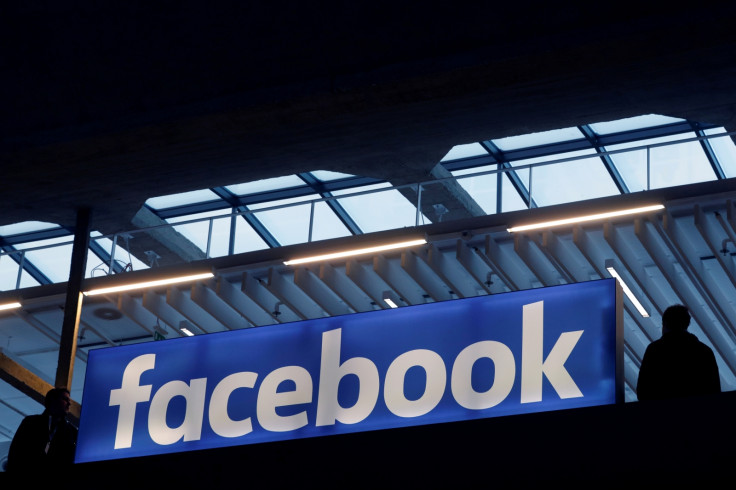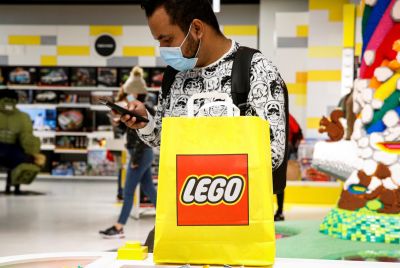Facebook ramps up fight on fake news with machine learning and extra fact checkers
Potentially untrue news stories will be given context for readers to better understand the situation.

Facebook is increasing its efforts to stop fake news in its tracks by sending more potential hoax stories to third-party fact checkers.
They will then attempt to verify or debunk a suspicious story posted on the social network, before publishing their findings below the article, wherever it is posted across Facebook. They will also include links to reputable publications' reports on the disputed news story.
The move is the latest by Facebook to help curb the spread of fake or inaccurate news across the two-billion member social network. The site faced criticism for allegedly aiding Donald Trump's victory in the US presidential election, due to untrue stories about Trump and rival Hillary Clinton spreading across the site.
After first taking the fight to fake news in April, Facebook is now turning up the heat, adding machine learning to its arsenal. This will help the site detect possible hoaxes and send them to fact checkers before the potentially untrue stories go viral.
Sara Su, product manager of Facebook's news feed, said: "In addition to seeing which stories are disputed by third-party fact checkers, people want more context to make informed decisions about what they read and share."
This extra context will be displayed in the form of links to other articles discussing or debunking a topic, to appear below a link to a suspicious news story. To that end, Su said Facebook will continue to test its "related article" feature to provide further context to the stories users see on their news feeds.
Su added: "If an article has been reviewed by fact checkers, we may show the fact checking stories below the original post. In addition to seeing which stories are disputed by third-party fact checkers, people want more context to make informed decisions about what they read and share."
Separately, Facebook also said this week (3 August) it will test a new fact-checking feature on users in the US, France, Germany and the Netherlands.
© Copyright IBTimes 2025. All rights reserved.






















